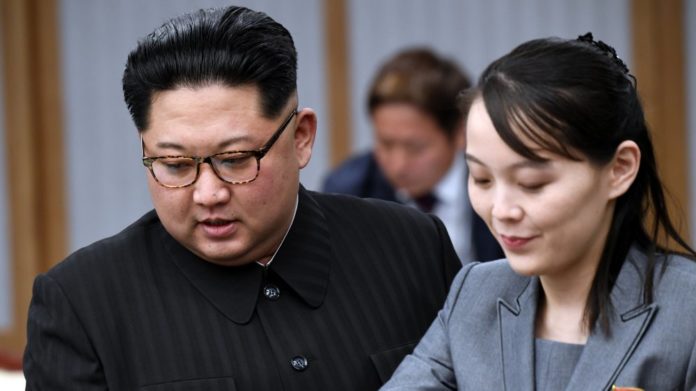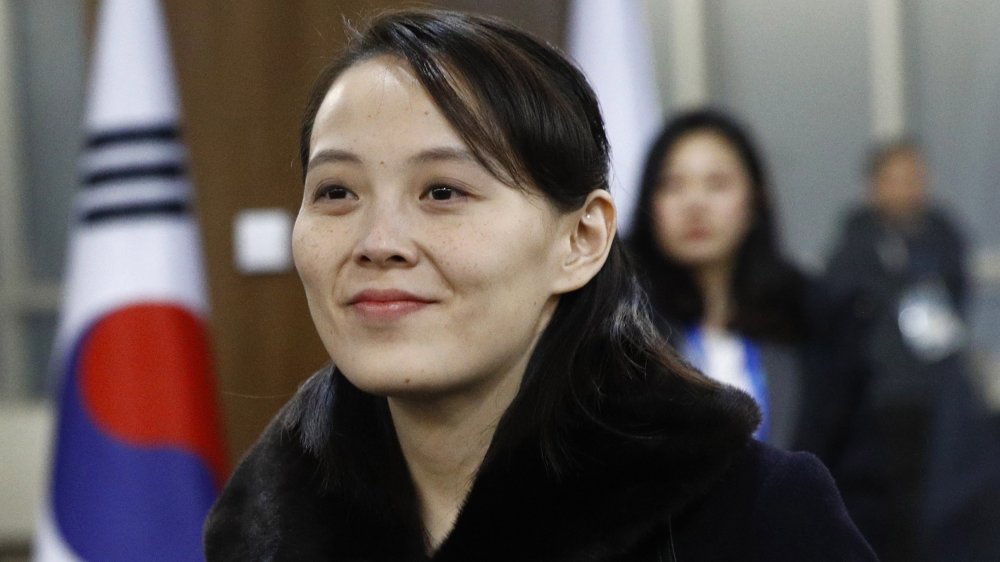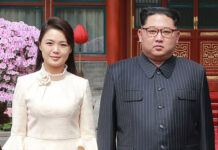
Now, there is rampant speculation that North Korean dictator Kim Jong Un may be taking extreme precautions to avoid the virus after being notably absent from public opinion. Other reports claim that his health is in danger after undergoing surgery. Either way, his absence was particularly evident after he failed to show up during the annual “Sun Day” celebration, when many honored him as a deity of the country, according to Vox.
While there has been no official news about what might be behind Kim’s sudden and unexplained disappearance, people are already speculating on who can take the reins in the event of his death; Among the contenders is his sister as a possible candidate.
Kim Yo Jong has been involved in politics for years.
 Pool / Getty Images
Pool / Getty ImagesNot to be confused with his brother, leader Kim Jong Un, Kim Yo Jong has been in the public eye for quite some time, even though he was only in his early 30s. According to Biography.com , he made his political debut in 2007 when he joined the Korean Workers’ Party (WPK), which is not surprising considering that both his brother and his late father were members. She worked her way up to becoming a high-ranking official during a turbulent time when her father suffered strokes. The youngest Kim took on an increasing role in the politics that led to her father’s death, and her aunt Kim Kyong-hui, who was also a leading member of the WPK, prepared her for political life.
Despite being a party leader and the candidate most likely to replace his brother, neither of them was ever in North Korea. Kim Yo Jong spent a good part of her life in Switzerland, where she was sent at just 9 years old to continue her education under a pseudonym, along with her brother. The two lived there with their aunt and uncle, and the isolation experience is said to have brought them closer as brothers.
But it’s not his time in Switzerland that could jeopardize his reign, if it comes to fruition. It is her femininity that could interfere with her power, as female leaders are still considered unconventional in the country.








